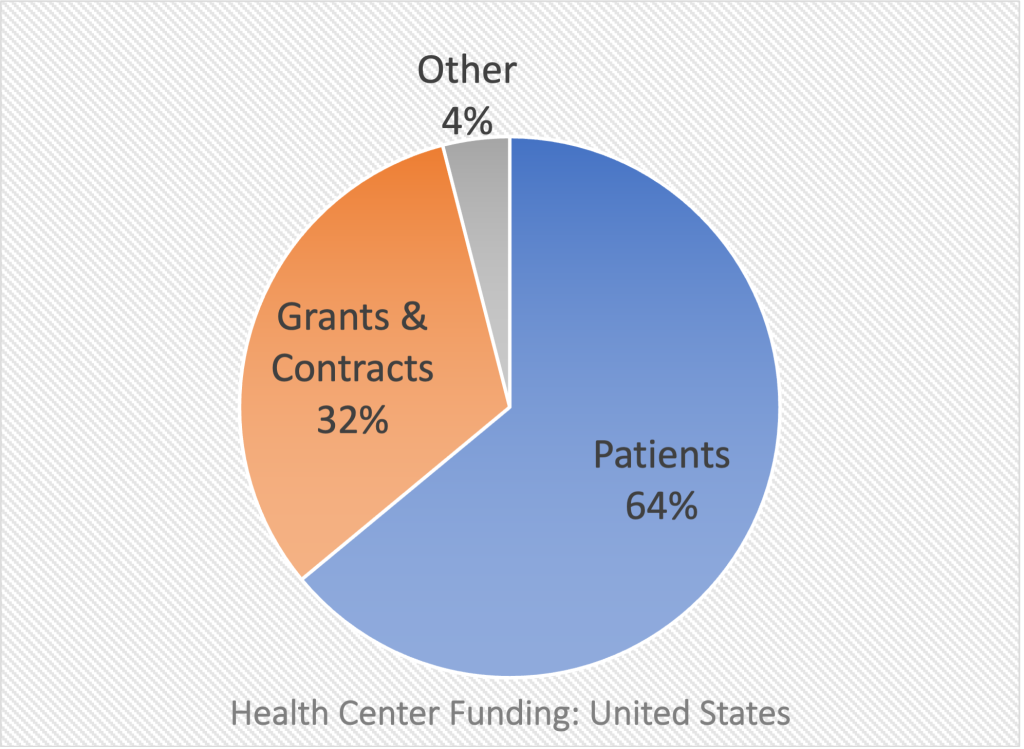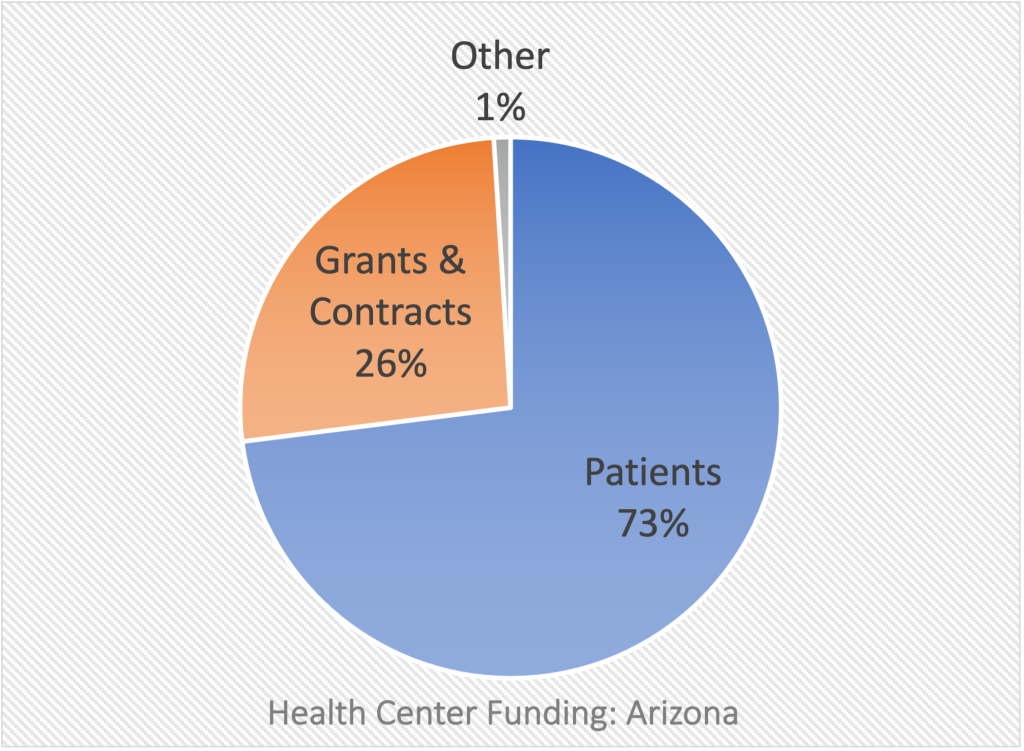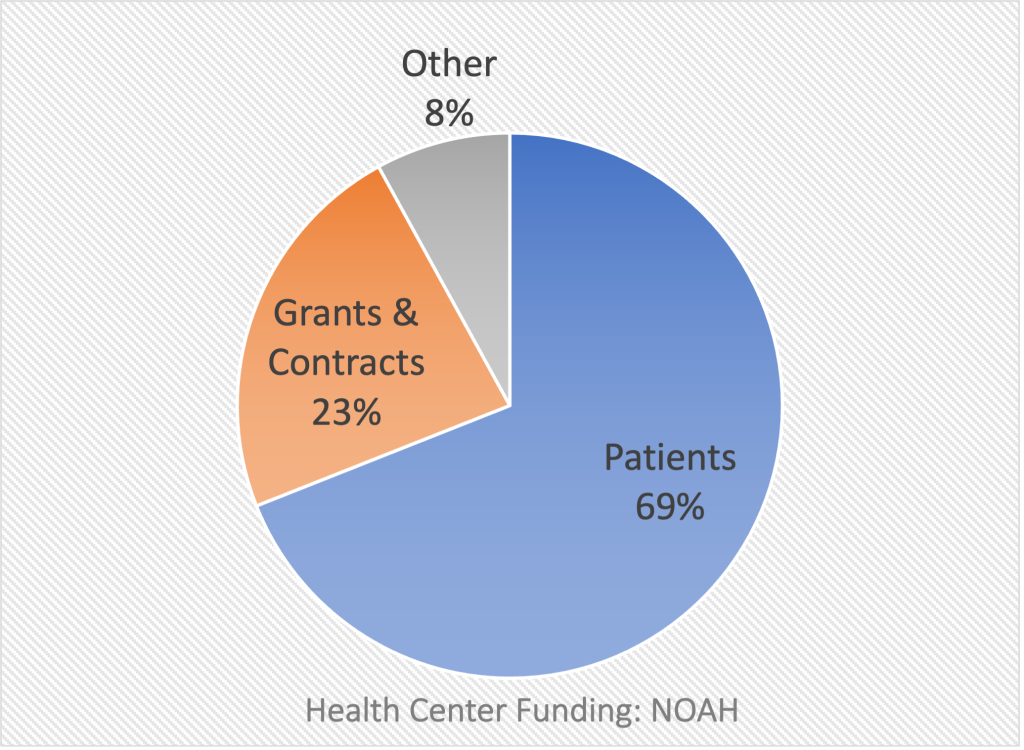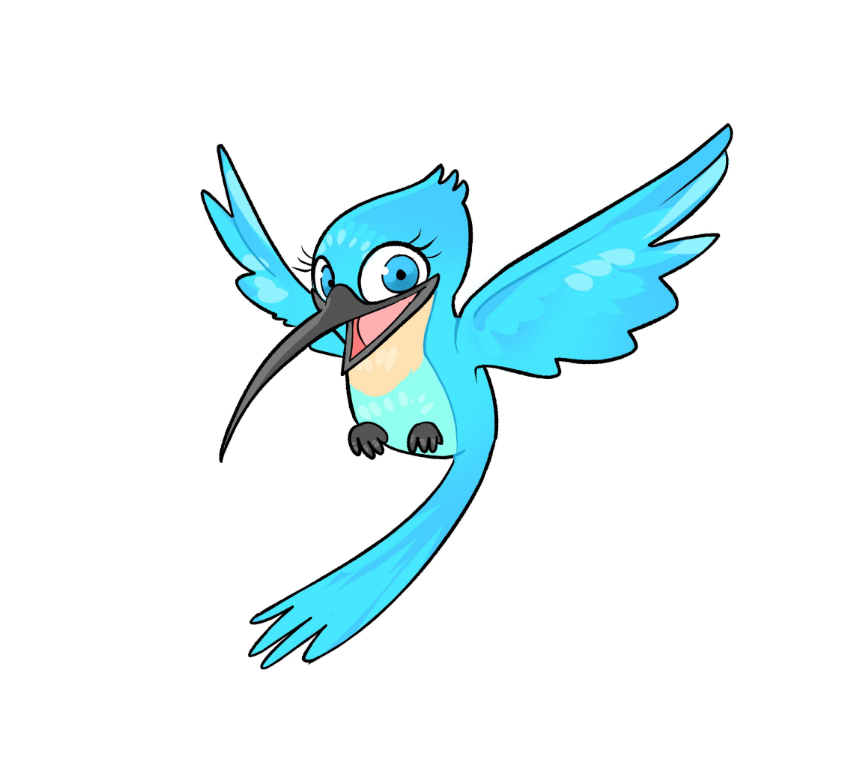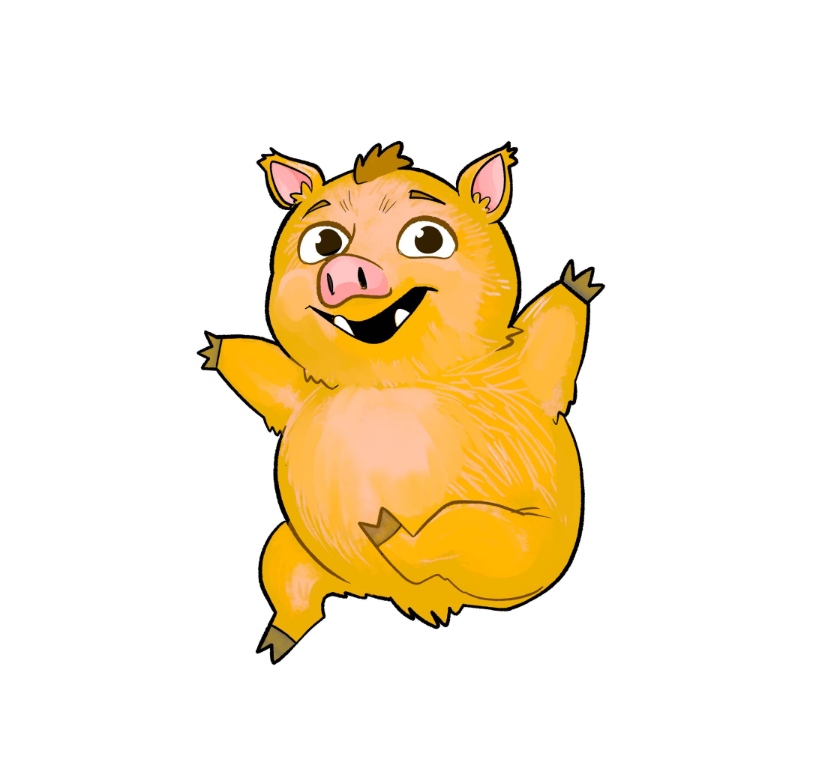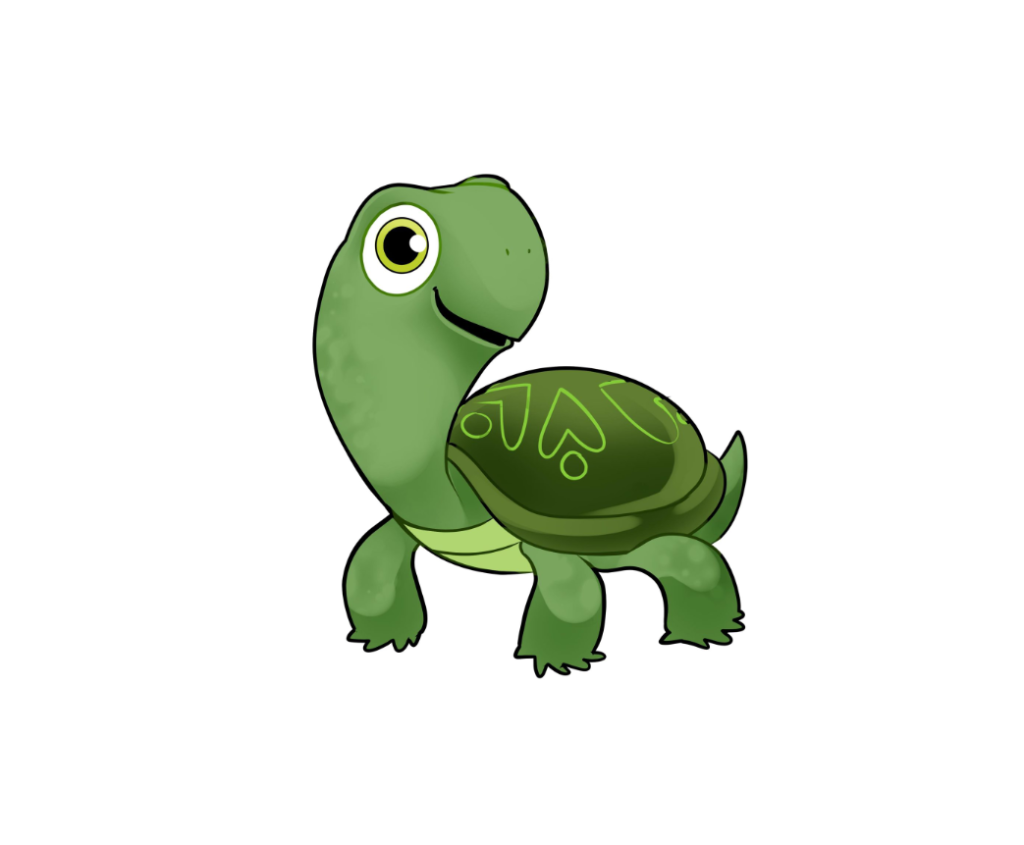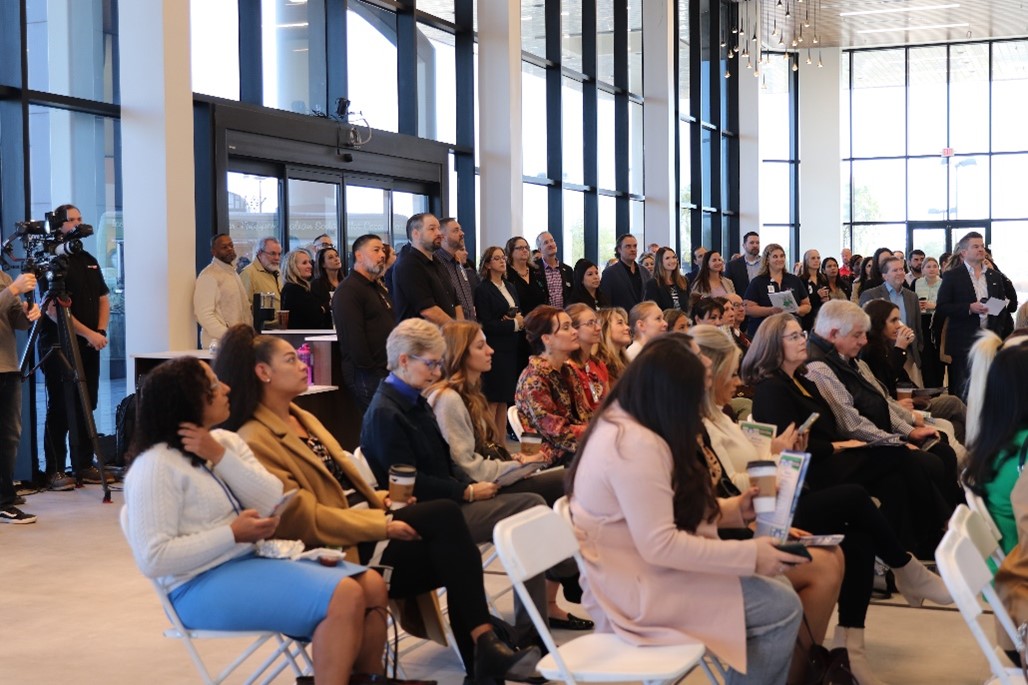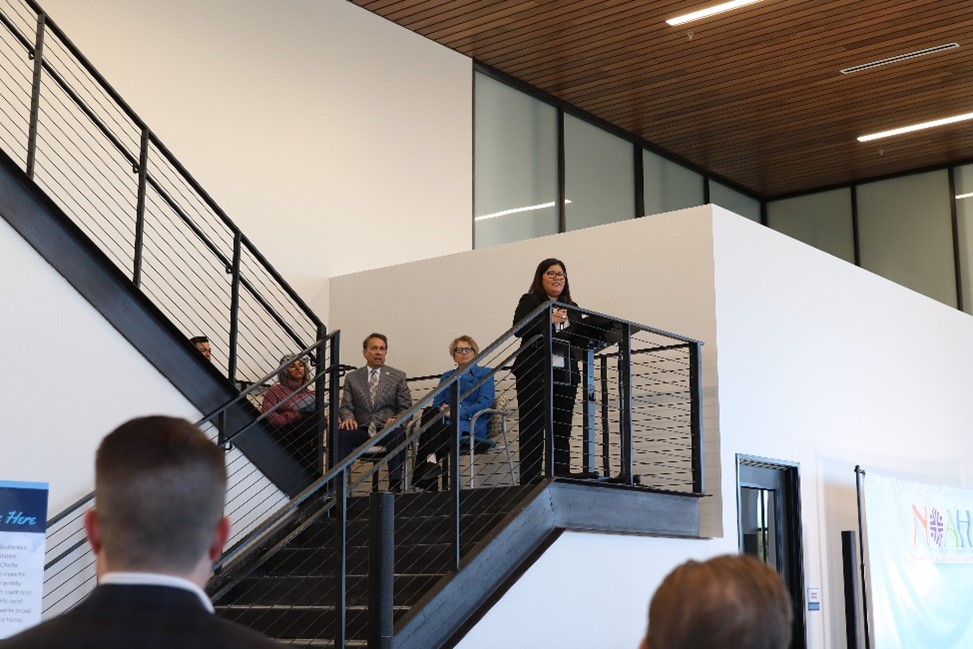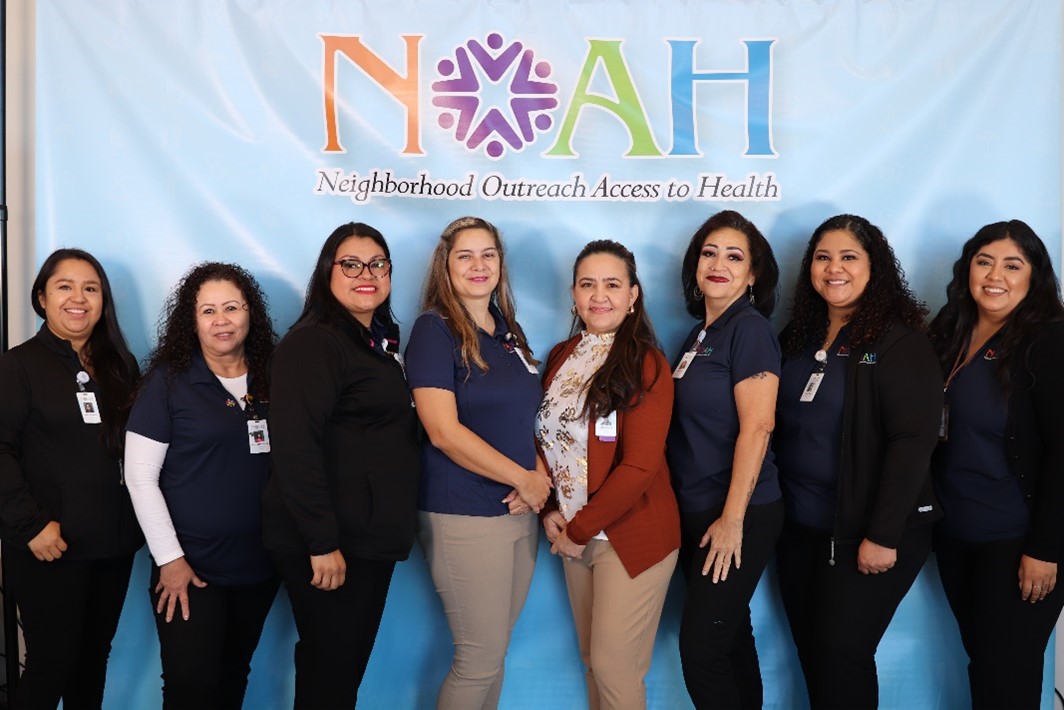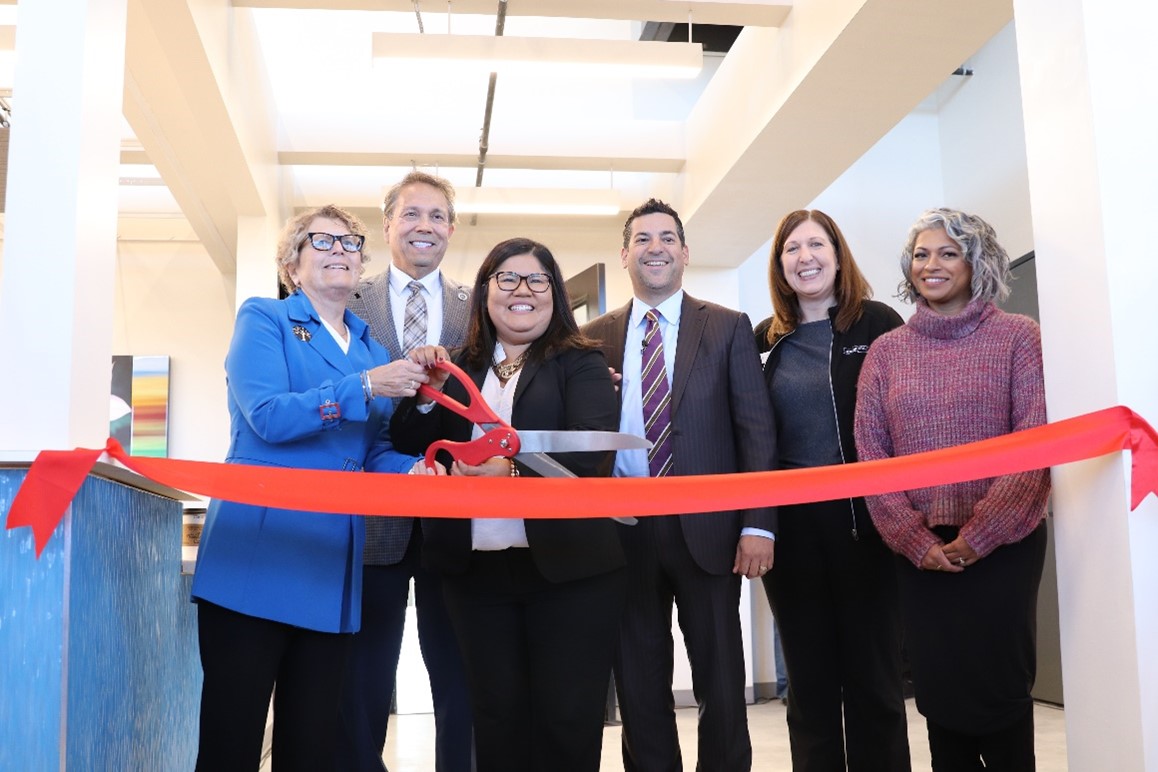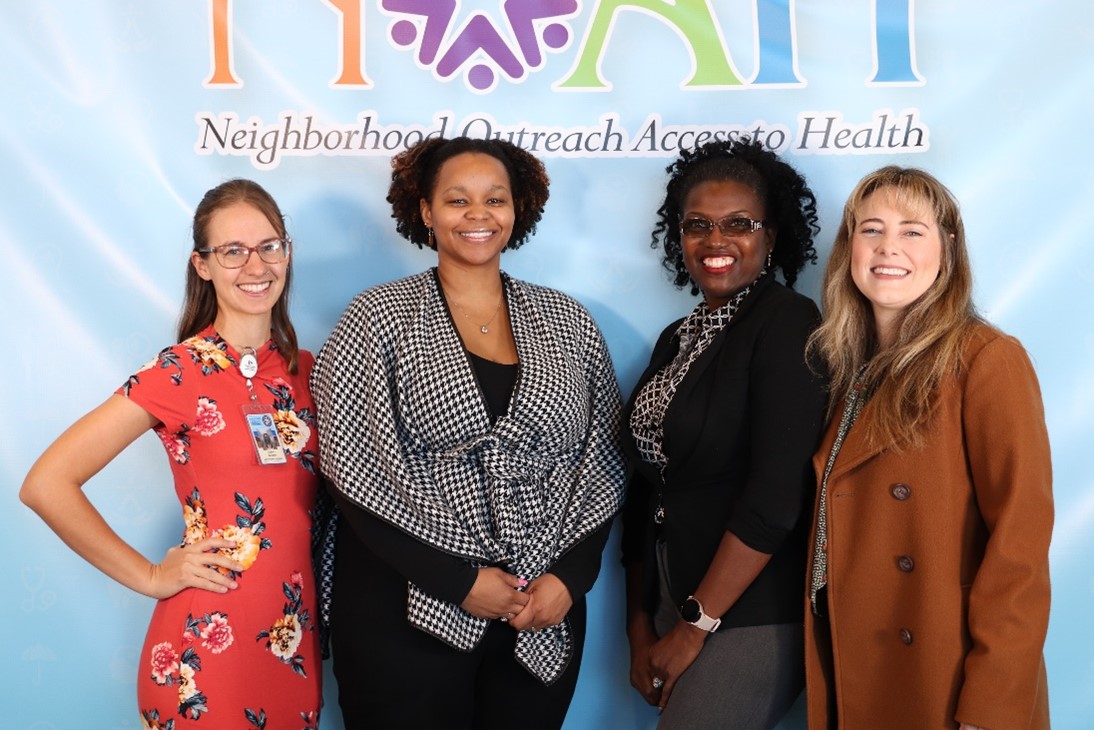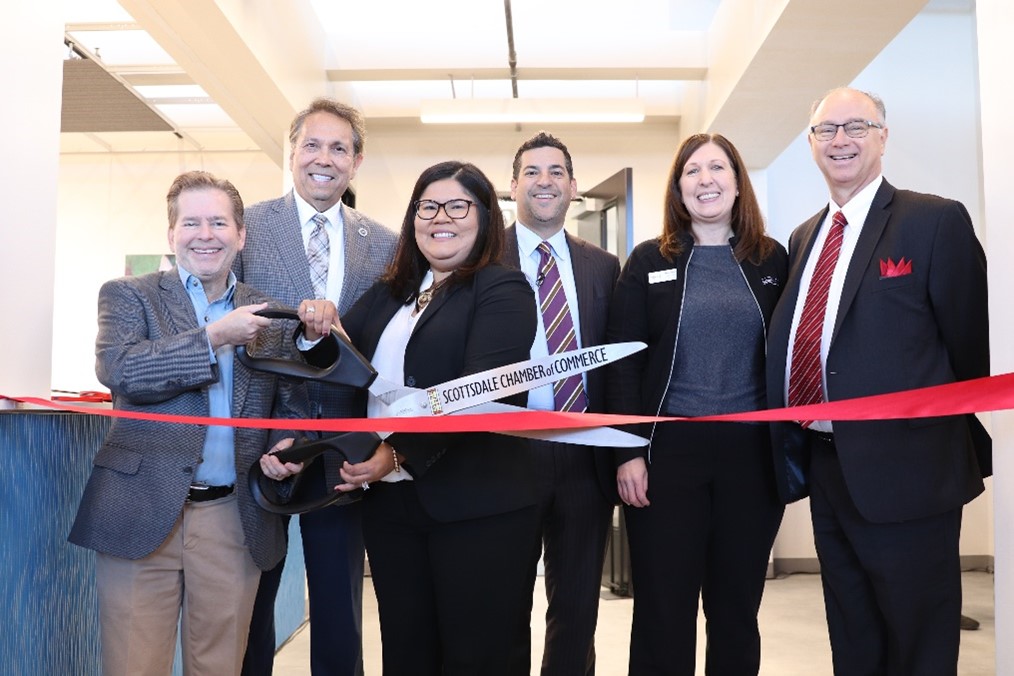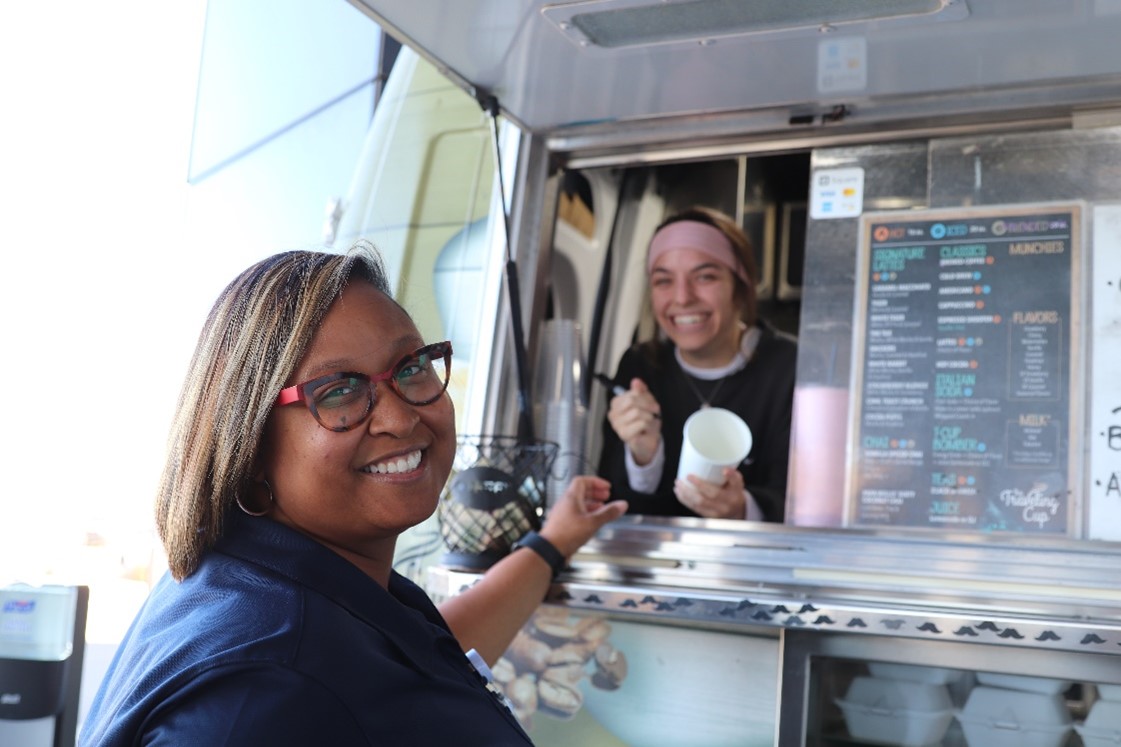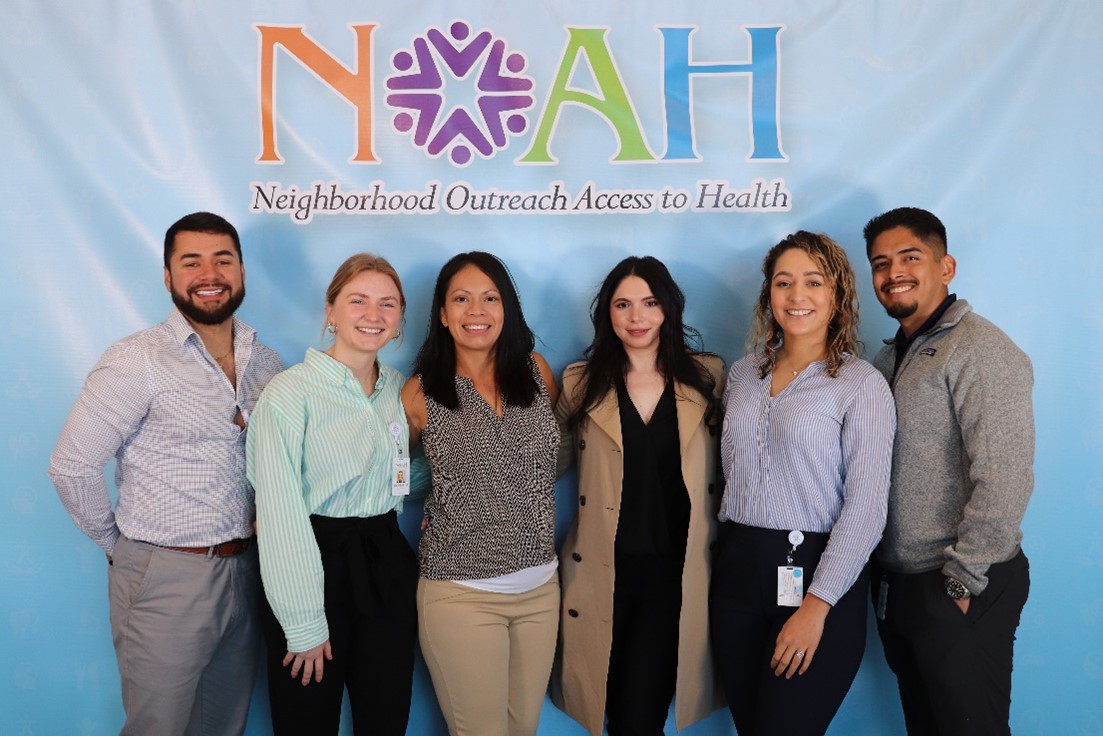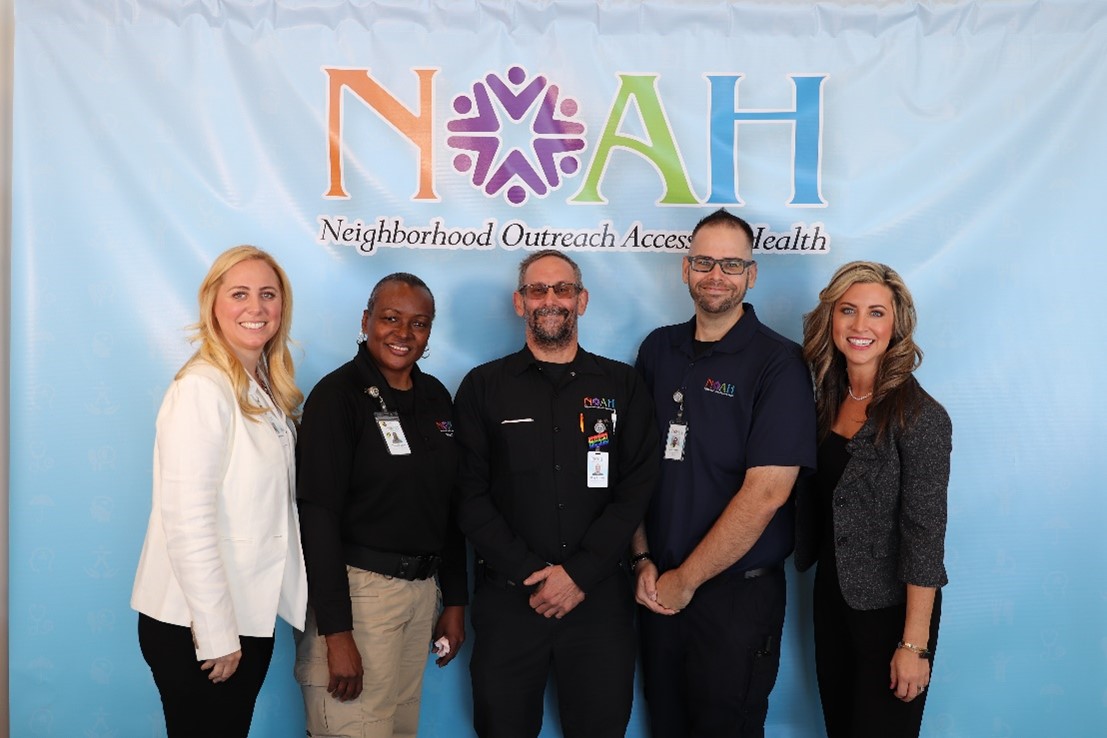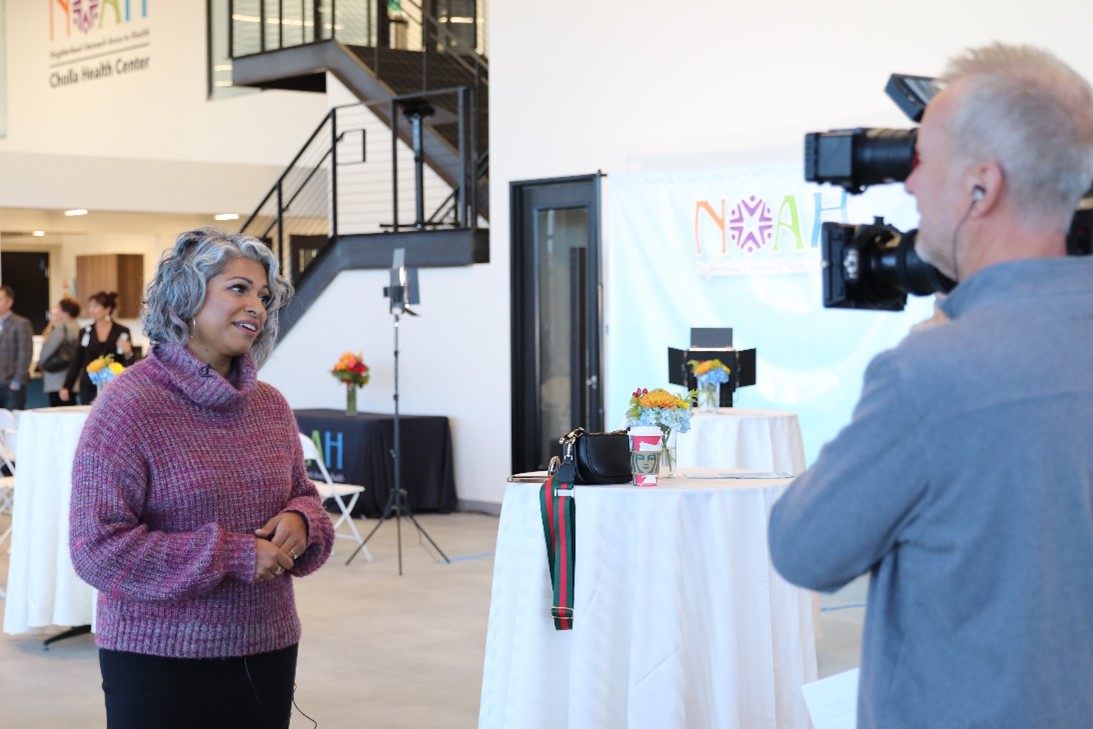NOAH is thrilled to announced that Pharmacy Services will be available at our Cholla Health Center location in late 2023! This initiative is set to enhance the healthcare experience for not only our patients, but also our wider community. At NOAH, we are committed to making healthcare more accessible, affordable, and convenient for everyone.
Comprehensive Medication Access
One of the most significant advantages of the open-door pharmacy is its inclusivity. We welcome patients from all walks of life, and most major insurance plans will be accepted, ensuring that cost is not a barrier to quality healthcare. For those who qualify, we are proud to continue offering our sliding fee scale program, which provides deep discounts on medications, making essential treatments affordable for everyone.
Convenience at Its Best
Convenience is key, and we’re creating an environment where patients can pick up their prescriptions immediately after a visit with their healthcare provider. This streamlined process reduces wait times, allowing you to focus on your health, not on your medication.
Medication Counseling
We understand that taking medications can sometimes be a complex process. Our dedicated team will provide thorough medication counseling to ensure that patients understand how to use their medications, what to expect, and how to manage any potential side effects. Our team also conducts comprehensive medication reviews before every dispensing, guaranteeing there are no drug interactions, duplications, or other issues that could jeopardize your well-being.
Medication Synchronization
Say goodbye to frequent trips to the pharmacy. With our medication synchronization service, you can pick up all your prescriptions in a single visit, saving you time and effort. This hassle-free system ensures that you never run out of essential medications.
Digital Convenience with MyChart
Through our MyChart platform, you can easily request refills online. This service puts control in your hands, offering you the freedom to manage your health on your own terms.
Prescription Delivery
Our commitment to convenience extends beyond our doors. NOAH will eventually offer prescription delivery to our other NOAH Health Centers, allowing you to enjoy one-stop shopping with ease. This is especially beneficial for those who have mobility issues or limited time to visit the pharmacy in person.
Specialized Care
NOAH Pharmacy Services will go above and beyond, offering medication-assisted treatment options for those struggling with substance use disorder. Our experienced team is dedicated to providing the support and guidance you need to manage these conditions effectively.
Seamless Transfers
Switching your prescriptions to NOAH’s Cholla Pharmacy is hassle-free and cost-effective. We offer prescription transfers at no charge, handling the process for you. We will contact your current pharmacy and arrange the transfer to our location, ensuring continuity in your care.
NOAH’s Pharmacy is more than just a place to pick up your medications. It’s a hub of convenience, affordability, and expertise in medication management and healthcare to ultimately improving your overall well-being. Join us at NOAH and experience the future of healthcare – accessible, affordable, and always there when you need it. Your health is our priority, and at NOAH, we open doors to a healthier, happier you. Stay tuned for more updates about this exciting new chapter!

